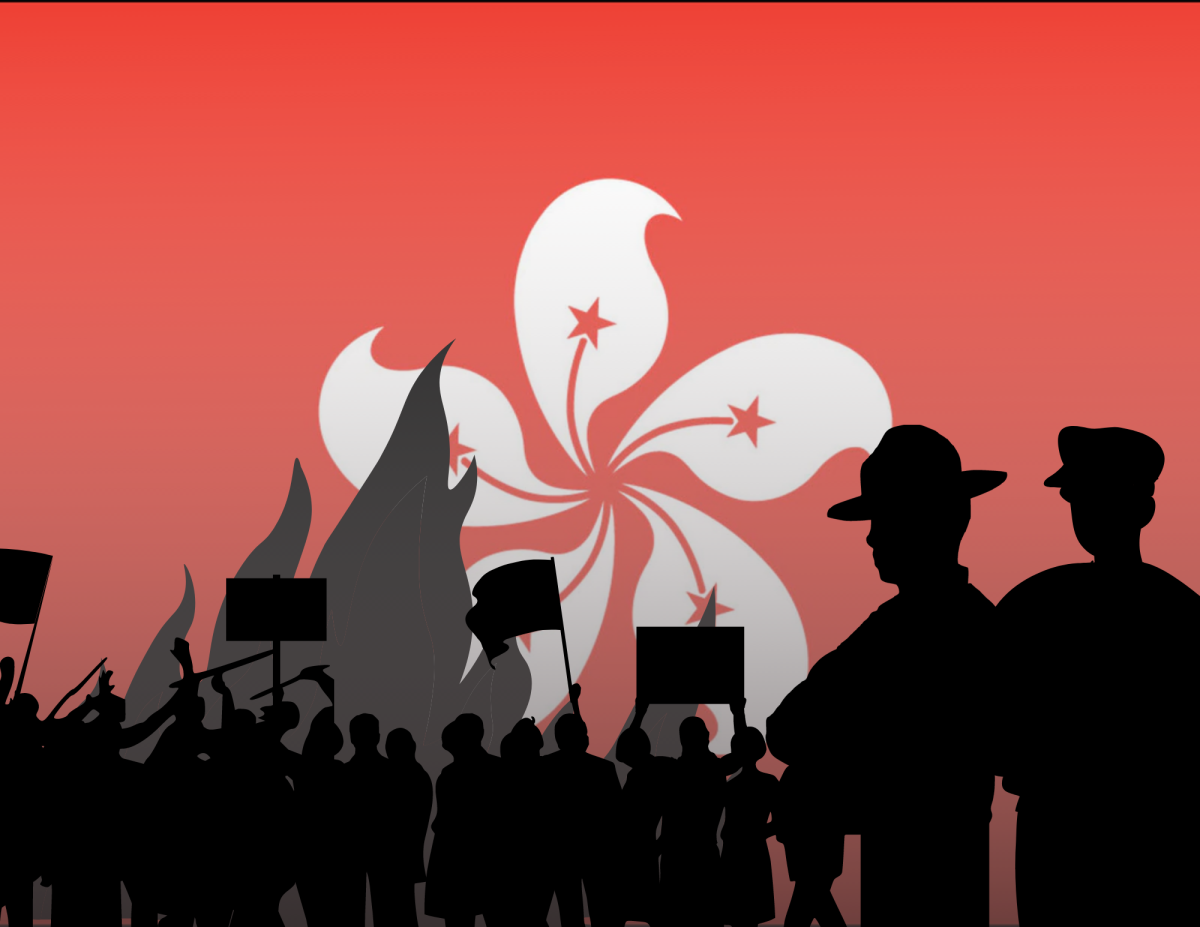‘Democracy’ in the People’s Republic of China
Protests are back in Hong Kong as the struggle to maintain democracy in the former British colony turned Chinese special administrative region intensifies once again.
The ramifications of a controversial national security law, passed by China’s National People’s Congress in June, has effectively eliminated any “special” status in Hong Kong by giving mainland authorities the ability to crack down on protests arbitrarily deemed as a threat to national security.
Yet, many were hopeful Hong Kong’s partially-democratically elected legislative council might be able to lessen the damage, but now, even Hong Kong’s local government is under pressure. Instead, the National People’s Congress has been hard at work with new plans for Hong Kong. The new “patriots governing Hong Kong” law was just passed and goes even farther than the national security bill by unashamedly destroying democracy in Hong Kong.
As BBC explains, “The proposed new law will give Hong Kong’s heavily pro-Beijing electoral vetting committee the power to vet all LegCo candidates and elect many of its members.” In addition, the law has prompted a series of new political regulations from Hong Kong’s government itself, like a new bill requiring patriotic oaths of allegiance from every member of Hong Kong’s district council.
Calling this a breach of the “Sino-British Joint Declaration,” which initiated Hong Kong’s transfer to China, the British government has extended a citizenship offer to three million Hong Kong residents, treating them as political refugees from China.
These events alone would be enough for protests, but the new national security law has meant that most protesters risk arrest and prison time due to accusations that the protests are really separatists movements. The common rally cry “liberate Hong Kong” has now become illegal and many protesters have been arrested for proclaiming separtist sentiments.
However, it was the arrests of 47 activists and local leaders for organizing an “illegal primary election” for Hong Kong’s pro-democracy faction that has spurred protesters back out from COVID-19 lockdown. Over 600,000 Hong Kong residents voted in defiance of Beijing, choosing some of the strongest pro-democracy voices as the next opposition leaders. In response, China used the national security law to arrest pro-democracy leaders and now has taken it upon itself to determine who gets to run for office in Hong Kong.
It’s clear why China is so afraid of democracy in Hong Kong. Leaders of the inaccurately named “People’s Republic of China” are well aware that the people in Hong Kong do not support the destruction of their freedom.
Last November, things were looking hopeful for the opposition as more than seven in 10 eligible voters cast ballots, smashing the previous record of 47%. This gave the pro-democracy candidates a landslide victory in the district council with them winning 86% of the seats. Hoping to use this district council win as momentum for sweeping the more powerful Legislative Council, Hong Kongers seemed poised to actually liberate Hong Kong.
Out of fear of what Hong Kongers might do if they actually had a choice, Beijing has imposed its own will by arresting pro-democracy leaders and forcing allegiance oaths onto Hong Kong.
From shutting down protests with riot police to jailing candidates, and even declaring political primaries illegal, the central government of China has shown time and time again that it is unwilling to leave Hong Kong alone. Instead, it has broken its own commitments to Britain and the international community towards maintaining autonomy for the city.
China likes to act tough internationally and pretend like criticism against its actions in Hong Kong are unfounded. Its top diplomats did just that at its first meeting between itself and the Biden administration in Anchorage, Alaska on March 18. China’s head of foreign affairs, Yang Jiechi warned the U.S. diplomats to stop criticizing China and that, “One can only cause damage to himself if he tries to strangle or suppress the Chinese people.” Maybe he should listen to his own advice.







































